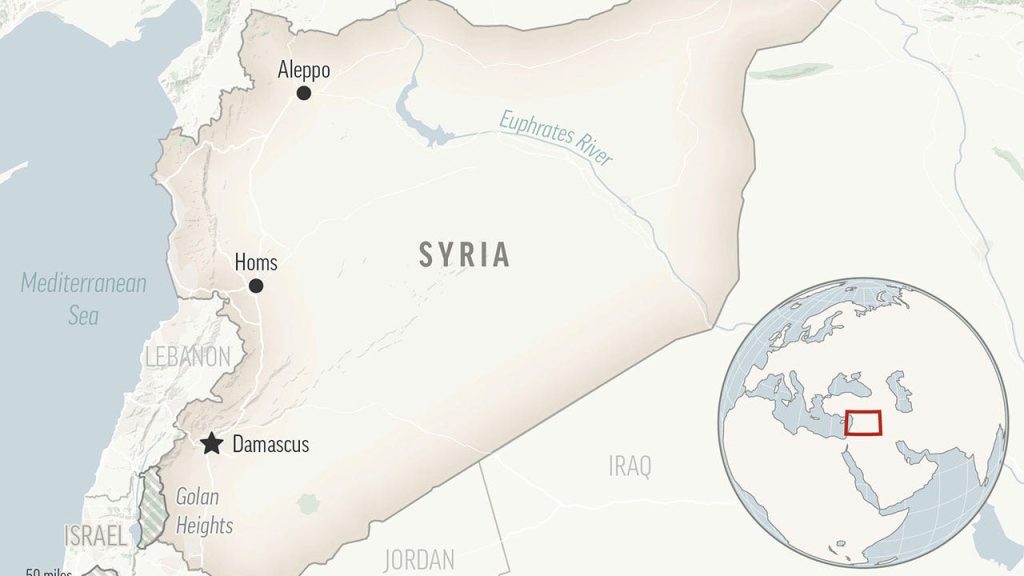A series of airstrikes in eastern Syria on Tuesday resulted in the deaths of more than a dozen individuals, including an Iranian military adviser and a member of the World Health Organization. The strikes targeted several locations in Deir el-Zour province, which borders Iraq. The Syrian Observatory for Human Rights reported that among the casualties were an Iranian Revolutionary Guard member, two bodyguards, nine Iraqi fighters from an Iran-backed group, two Syrians working with the Iranians, and a Syrian engineer. The World Health Organization confirmed the death of one of its team members, engineer Emad Shehab, who served as a focal point for water, sanitation, and hygiene in the province.
The airstrikes led to widespread devastation in the provincial capital of Deir el-Zour, as well as in the towns of Mayadeen and Boukamal. Reports indicated that 20 people, including women and children, lost their lives in the attacks. Iran’s state news agency acknowledged the death of a member of the Revolutionary Guard in Syria but did not specify further details. While Israel often conducts strikes on Iran-linked targets in Syria, it did not claim responsibility for these particular airstrikes. Additionally, in neighboring Lebanon, an Israeli airstrike targeted the village of Zboud in the Hermel region, though details of the incident were not immediately available.
Following the airstrikes, the Israel Defense Forces stated that the strike on Zboud was in retaliation for Hezbollah firing missiles at Mount Meron air traffic control base in northern Israel earlier in the day. Hezbollah had launched the missiles in response to an earlier airstrike in eastern Lebanon that resulted in the death of a Syrian citizen. In retaliation, Hezbollah fired more than 50 rockets at an Israeli command center in the Golan Heights. The escalation of hostilities between Israel and Hezbollah underscores the ongoing tensions in the region, with both sides engaging in retaliatory strikes in response to perceived provocations.
The incident highlights the complex and volatile dynamics in the Middle East, particularly in regard to the ongoing conflict in Syria and the power struggles between various regional actors. The involvement of Iran-backed groups and their targeting by Israel further complicates the situation, increasing the risk of further escalation and violence in the region. The loss of life, including that of a World Health Organization worker, underscores the human cost of such actions and the urgent need for a peaceful resolution to the conflict. The international community, including the United Nations, must continue to work towards a negotiated settlement and provide humanitarian aid to alleviate the suffering of the civilian population caught in the crossfire.


